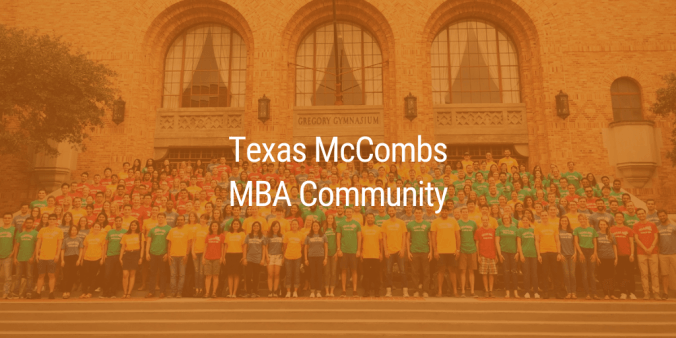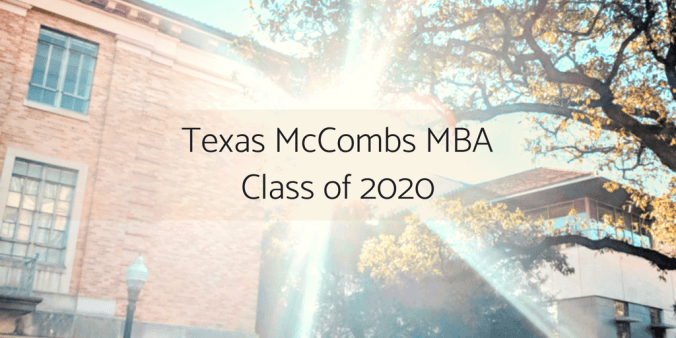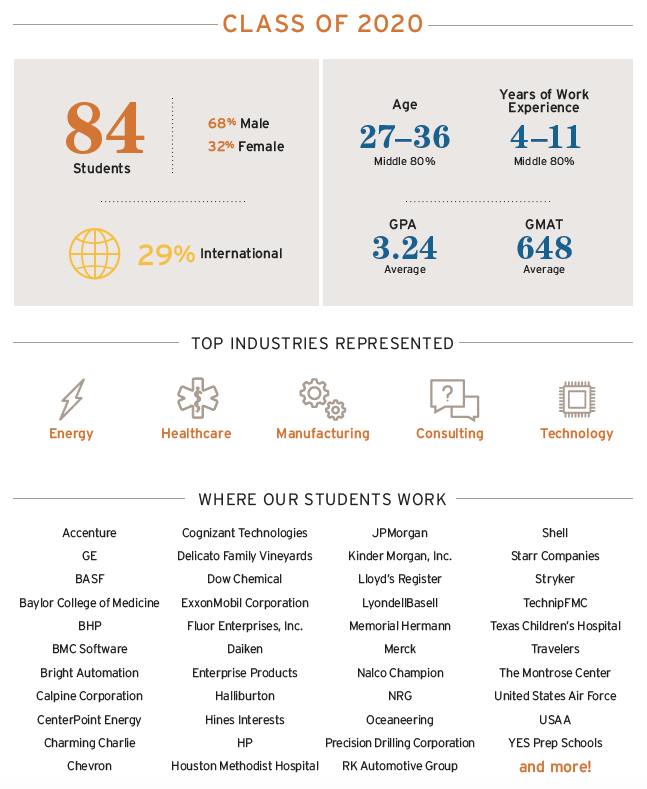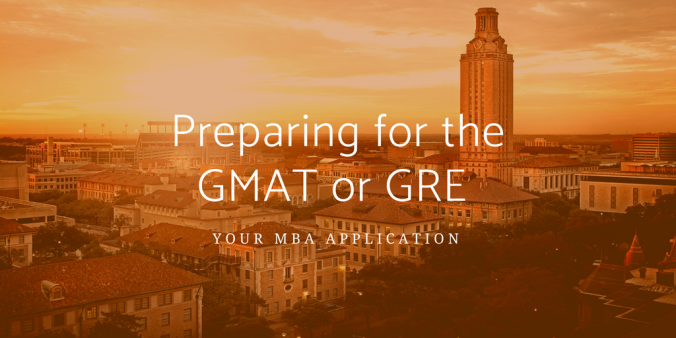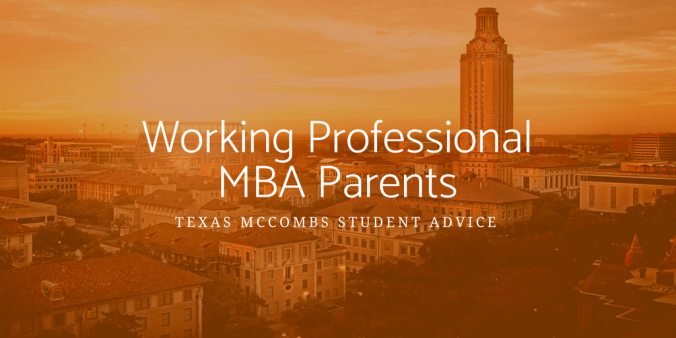This Insider insight comes from our Working Professional and Executive MBA Career Team.
Texas McCombs MBA Career resources are truly unmatched among other top business schools. Our Career Management team‘s vision is focused on the future, adapting and growing to meet the needs of tomorrow’s career landscape. And they understand that the MBA career path for our Working Professional and Executive (WPE) MBA student differs from full-time students, dedicating a team of career support specifically for our WPE students in Houston, Dallas/Fort Worth, and Austin (Evening & Executive).
The McCombs Difference
MBA program administrators realized they needed to rethink their approach to career management for part-time students.
“We developed an entirely new career management framework that emphasized students’ strengths and interests and better prepared them not only for OCR (on-campus recruiting), but also for other channels that led to experienced hires and will allow them to continually progress in their careers.” – Joe Stephens, Assistant Dean, Working Professional and Executive MBA programs.
The framework, which can be applied in any phase of a student’s career and is tied to students’ career management curriculum and one-on-one advising, includes a market assessment (self-assessment, career exploration, and network creation); value proposition (your brand and competitive advantage, and elevator pitch); sales tools and channels (resume, LinkedIn profile, interview prep, and network cultivation); and launch (plan execution and offer negotiation).
“This career management framework has served as our WPE team’s vision and mission,” says Janet Huang, Director of MBA Career Management at McCombs. (source: Medium)
Meet the WPE Team




